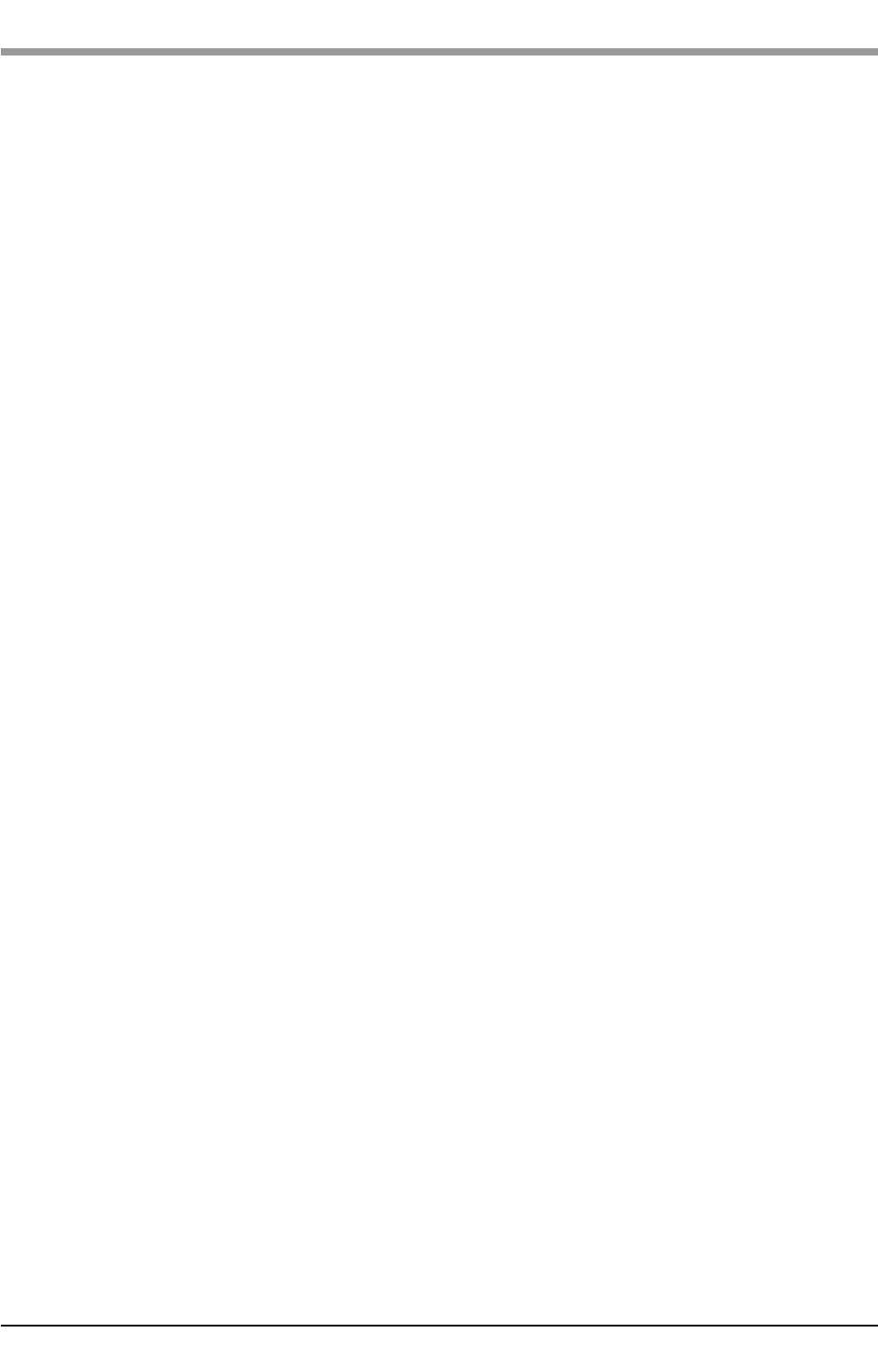
INSTALLING THE FIRE
Your CORGI qualified gas engineer should install
the fire in accordance with the following
regulations and standards:-
The Gas Safety (Installation and Use) Regulations
1998 (as amended).
The Building Regulations for England and Wales
2000 ref; Approved Document J 2002 edition
(issued by the DTLR).
The Building Standards (Scotland) (Consolidation)
Regulations.
BS5440 parts 1 and 2 1990, BS5871 And these
Installation Instructions.
Warning: Failure to comply with the
regulations, requirements, or these instructions
will invalidate the guarantee and could have
hazardous consequences.
Please note that in tight recesses the gas supply
point may be inaccessible. Therefore it may be
necessary to connect the pipe for the gas supply to
the fire before installing the fire into its recess.
FITTING THE FEET
Care should be taken when fitting the feet not to
damage the painted surfaces of the fire.
• The feet (4 off) are positioned in each corner of
the fire base using the washers and screws
provided.
• Tools required: A no. 2 pozidrive screwdriver.
FLUE SYSTEM
The stove must be connected to a suitable and
efficient flue that provides a good updraught to
safely take the products of combustion (fumes)
from the stove outlet to the outside air. To ensure a
good updraught it is important that the flue gases
are kept warm and that the flue size suits the stove.
The termination of the outlet at the top of the flue
also needs to comply with the Building
Regulations. The minimum effective height of the
chimney must be at least 3 metres and when warm
the flue draught should be between 0.05 and 6mb
(0.5mm to 6mm water gauge).
The Bunny requires a minimum flue size of 100mm
(4 inches) and the Becton 7 requires a minimum
flue size of 125mm (5 inches). If the stove is being
connected to a chimney with an internal flue size
greater than 225mm (9 inches) diameter or 200 x
200mm square, a 125mm (5 inches) diameter
stainless steel flexible flue liner complying with BS
715 should be installed in the flue.
If a new chimney is being provided it should fully
comply with the relevant Building Regulation
Requirements and BS 5440: Part 1. Suitable types
of chimney include the following.
• Masonry chimney built with clay or concrete lin-
ers, or a chimney block system meeting Building
Regulations.
• Precast concrete gas flue block complying with
BS 1289: Part 1
Factory made metal chimney complying with BS
715 (often called "Twin wall Class 2 chimney") or
Factory made metal insulated chimney comply-
ing with BS 4543: Part 2 (often called "Class 1 pre-
fabricated metal chimney"). To ensure the flue
gases are kept warm an insulated chimney system
should be used if the chimney is positioned outside
the building.
The flue must be terminated with a suitable
chimney pot or cowl and the chimney or flue shall
be swept prior to installation unless the chimney is
clean and unobstructed.
The flue and chimney installation must be
carefully checked by a competent person before
fitting the stove to ensure it is suitable and will
work safely. The flue must also pass a Flue flow
test (smoke test) to BS 5440: Part 1.
For advice on flues and chimneys contact;
NACE (National Association of Chimney
Engineer): telephone 0800 0924019
www.nace.org.uk
or
NACS (National Association of Chimney
Sweeps): telephone 01785 811732
Becton Bunny & Becton 7 mk3 Gas stoves 11
INSTALLATION


















